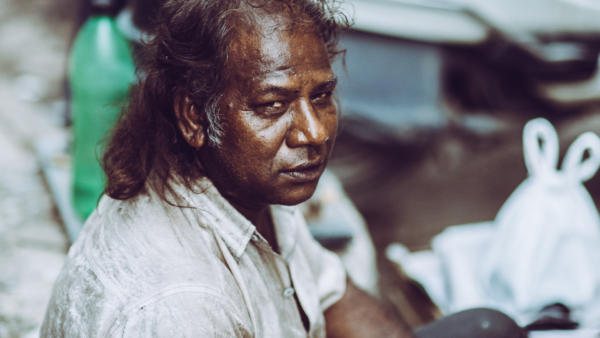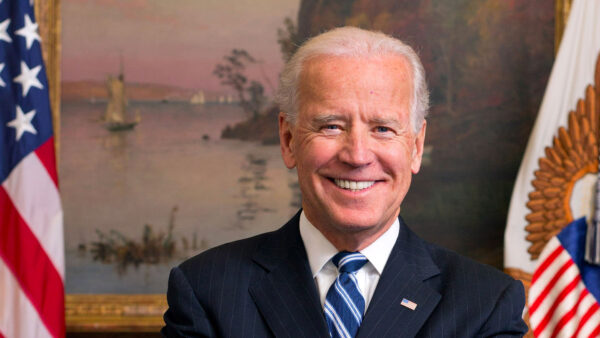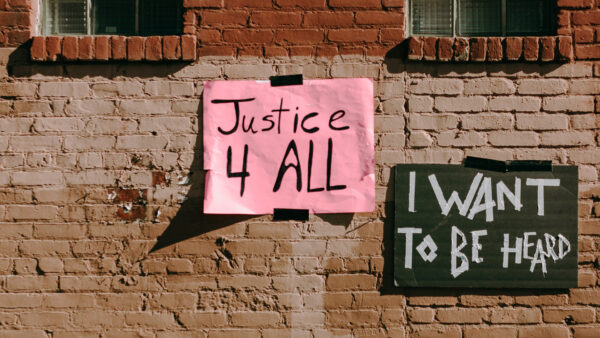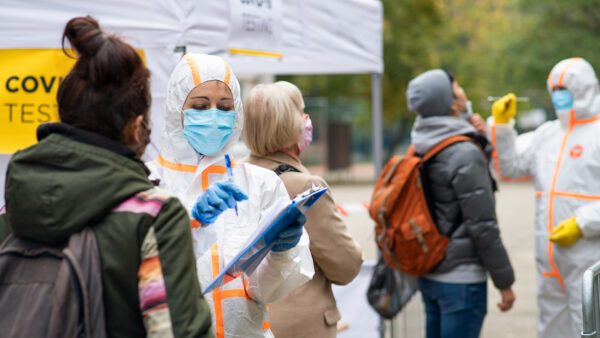Canada’s indigenous communities left without clean water as government misses deadline
The government, which has been keen to up its efforts of reconciliation, has instead said that communities will get a letter promising to meet that goal soon and have access to a website that will track progress.
However, many have spoken about how the lack of access to clean water has been an issue for many years now and has gotten worse as the communities grow in numbers. This has put a strain on the water plants located on reserves and means that the government must have a more effective response to provide all of its citizens with access to clean water and sanitation (Sustainable Development Goal 4).
The government has responded by providing emergency funding for supplies of bottled water, but these are limited and are mostly for babies and elders. Due to increasing pollution and rising temperatures caused by climate change, the water is becoming increasingly more dangerous to use.
It is known to have caused many health issues amongst indigenous populations who use the water to drink and bathe. This has resulted in the harmful bacteria causing many to get sick, while children from the North Caribou Lake First Nation have developed skin conditions from bathing in the untreated water.
One of Prime Minister Justin Trudeau’s original campaign promises was to lift all boil water advisories on reserves and provide clean water but has not met this promise as of yet. This has been something that many within these communities are not surprised about, due to the fact many treaties and policies that have been made over the years have failed to deliver.
This raises many other concerns about the treatment of Canada’s indigenous population with the First Nations people making up 977,230 of the total population of the country, according to the 2016 census. Mr Trudeau has pledged to help these communities in the past, but the country’s history of dealing with these issues has been a concern.
Often the victims of racism and inequality, indigenous populations are marginalised. Many believe that systematic racism exists within Canada’s health system and has led to the deaths of many due to the failure to properly address the issues. Now, with many failing to receive clean water, this issue has risen to the surface again and will require much greater accountability from the government to ensure it is resolved.
They have appeared to show this through the letter and website, but new steps may have to be taken if it is still not resolved in the coming months.










